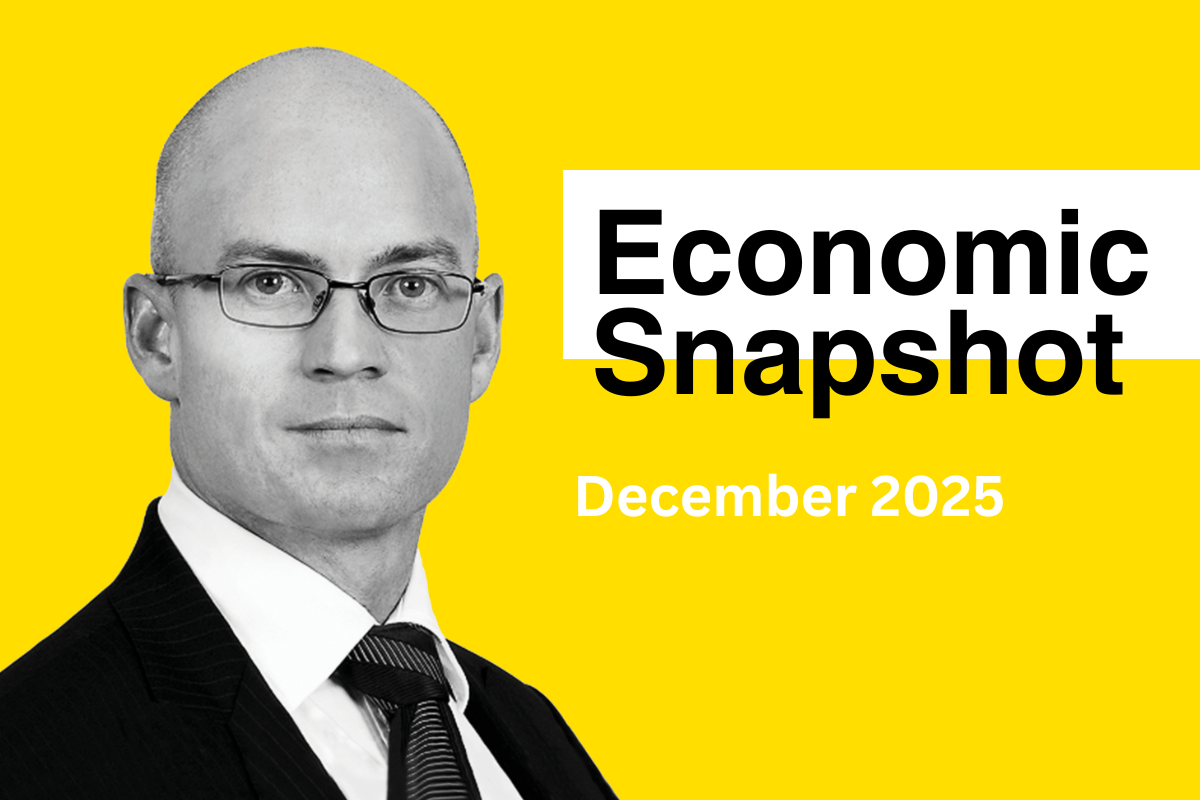
It’s 2016. We’re well and truly in the digital era. Statistically speakingi, you probably not only have a desktop computer, but a laptop and a smart phone too.
You, along with most Aussies, are more connected than ever before. Whether that’s a good thing is up for debate. For business, socialising and entertainment, the answer is maybe. Running your business or staying in touch with loved ones on the go has definite measurable benefits for your physical and mental health, as well as your bank balance.
But when it comes to financial information on the internet, the answer is less clear. Some commentators suggest that there is too much data, reporting and opinions online for the average person to process. Over a certain threshold, you simply can’t use or act on every piece of information you can access.
This is financial information overload.
Is online information making us financially smarter?
In a word, no.
Behavioural finance (yes, that’s a thing) academics have investigated this issue in depthii. Financial information overload leads us to be passive, or to simply make bad decisions. In this instance, ‘passive’ means taking the default option, such as a default super fund option. And a bad decision can be anything from choosing a product that offers suboptimal returns, to losing a significant amount of money.
There are a few different reasons why this happens. First, there’s the sheer quantity of information available. It is literally impossible to read everything that might be applicable to your financial situation. Second, there are often too many options to choose from. There are a myriad of ways to reach your financial goals, and products upon products at your disposal.
Beware of bias in financial ‘news’
When you’re reading an investment report, business editorial or other content, it’s important to remember that the author (or the publication) has a reason for putting that information out there. And they have a reason for the way they present that information – what they choose to include, what they choose to leave out, the style, the tone, and so on.
Media outlets put their own spin on major events for the benefit of their sales and advertising.
The recent stock market turmoil is a good example. After stock market crashes around the world in late January and February, the media was awash with headlines on ‘the deadly truth’ and ‘dire warnings’ about the ‘bloodbath’ to come. It’s exactly the kind of emotive language designed to make people reactive, not thoughtful and proactive.
In order to cut through the noise, you need someone whose full-time job is to keep on top of the latest developments and filter out the bias.
That’s where we come in.
Let us be your information filter
Our job is to help you work towards your wealth goals and benchmarks. Part of that is helping you deal with financial information overload. Read something that’s made you go ‘hmmm’? Having a debate with your partner about something you’ve spotted online? Wondering whether a new product you’ve seen advertised would fit in with your portfolio? Spend less time poring over reports and releases, and more time enjoying the fruits of your labour. Get in touch to arrange an appointment today.
If you’ve come across an online article or report that you have questions about, we’d be happy to review and discuss it with you.
i Deloitte Media Consumer Survey 2015
ii For a good overview of financial information overload from this point of view, see JR Agnew and LR Szykman, ‘Asset allocation and information overload: The influence of information display, asset choice, and investor experience’
Latest News Articles
Back to Latest News
What a Financial Plan Actually Looks Like

Realistic Budgeting Tips for Australians in 2026


